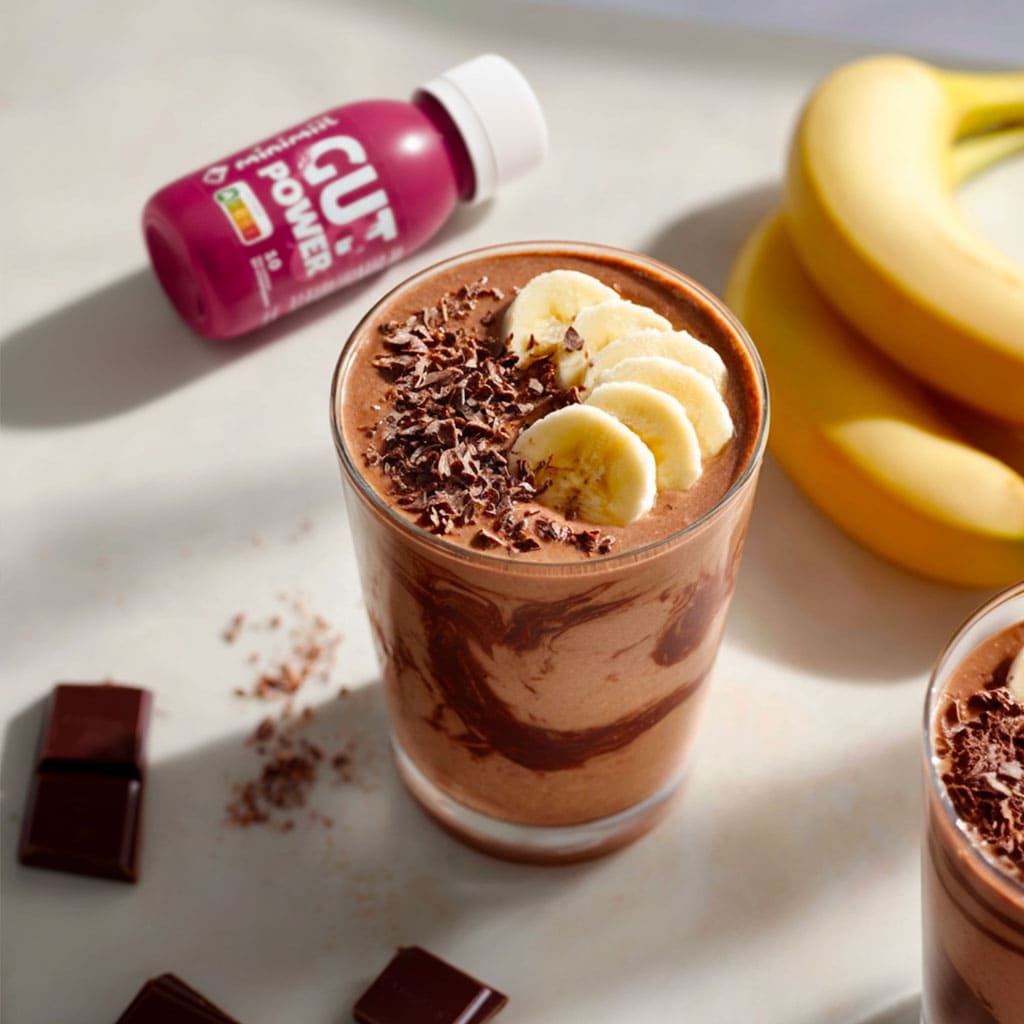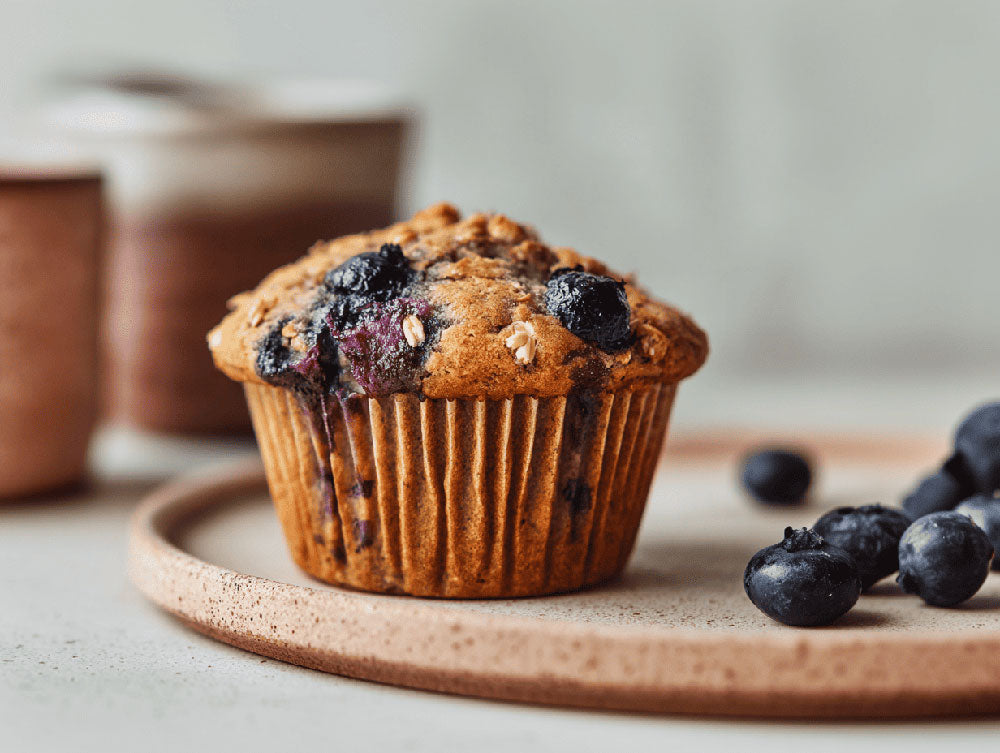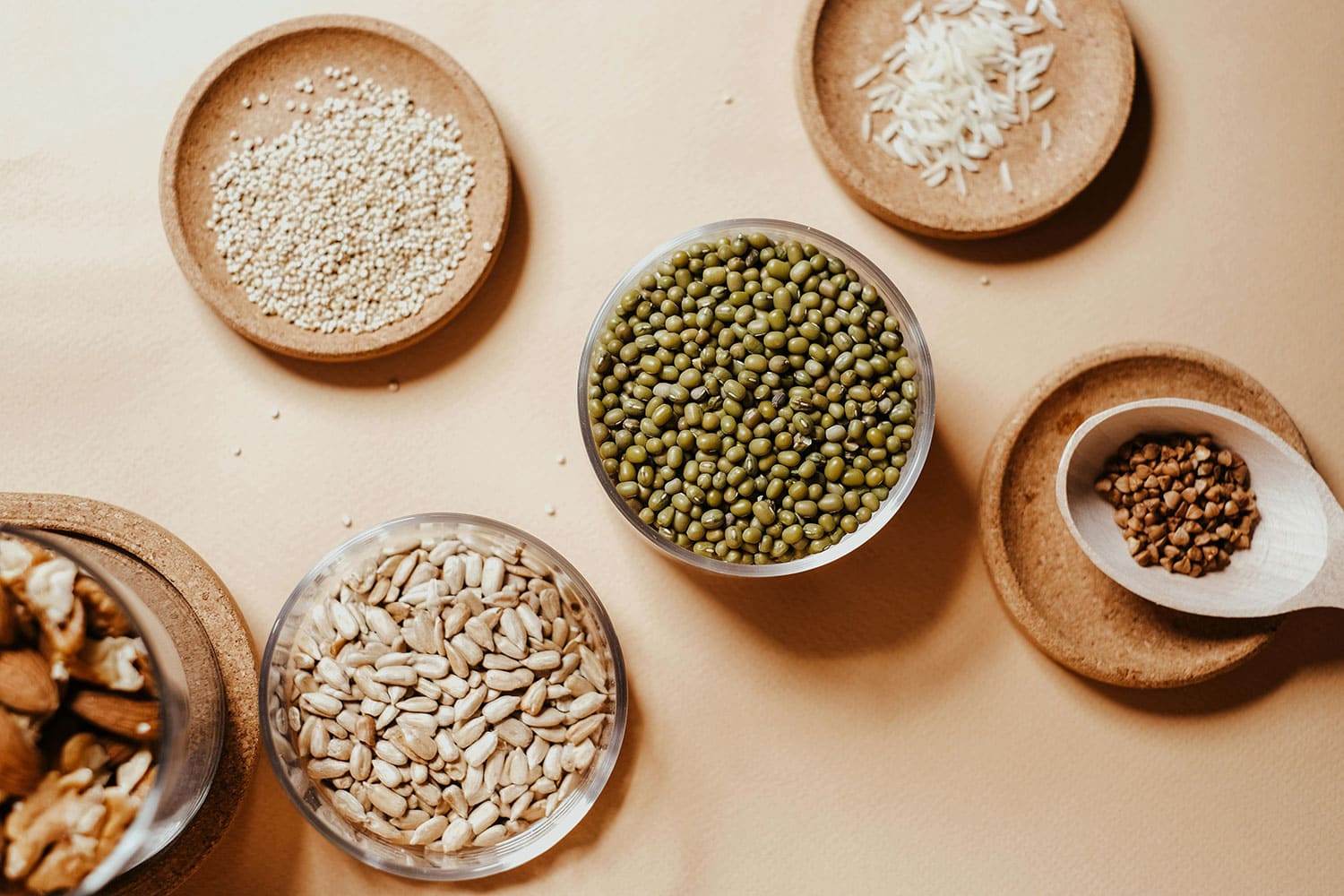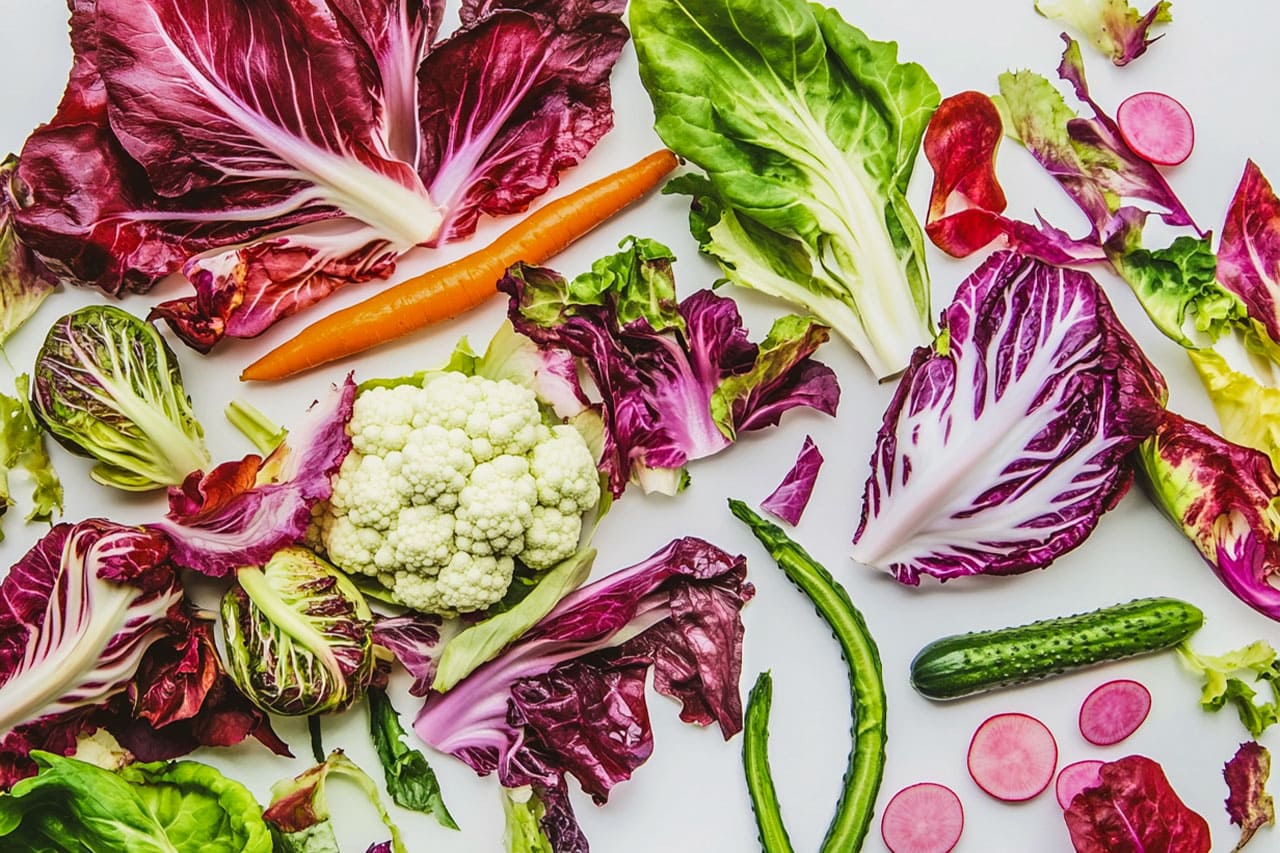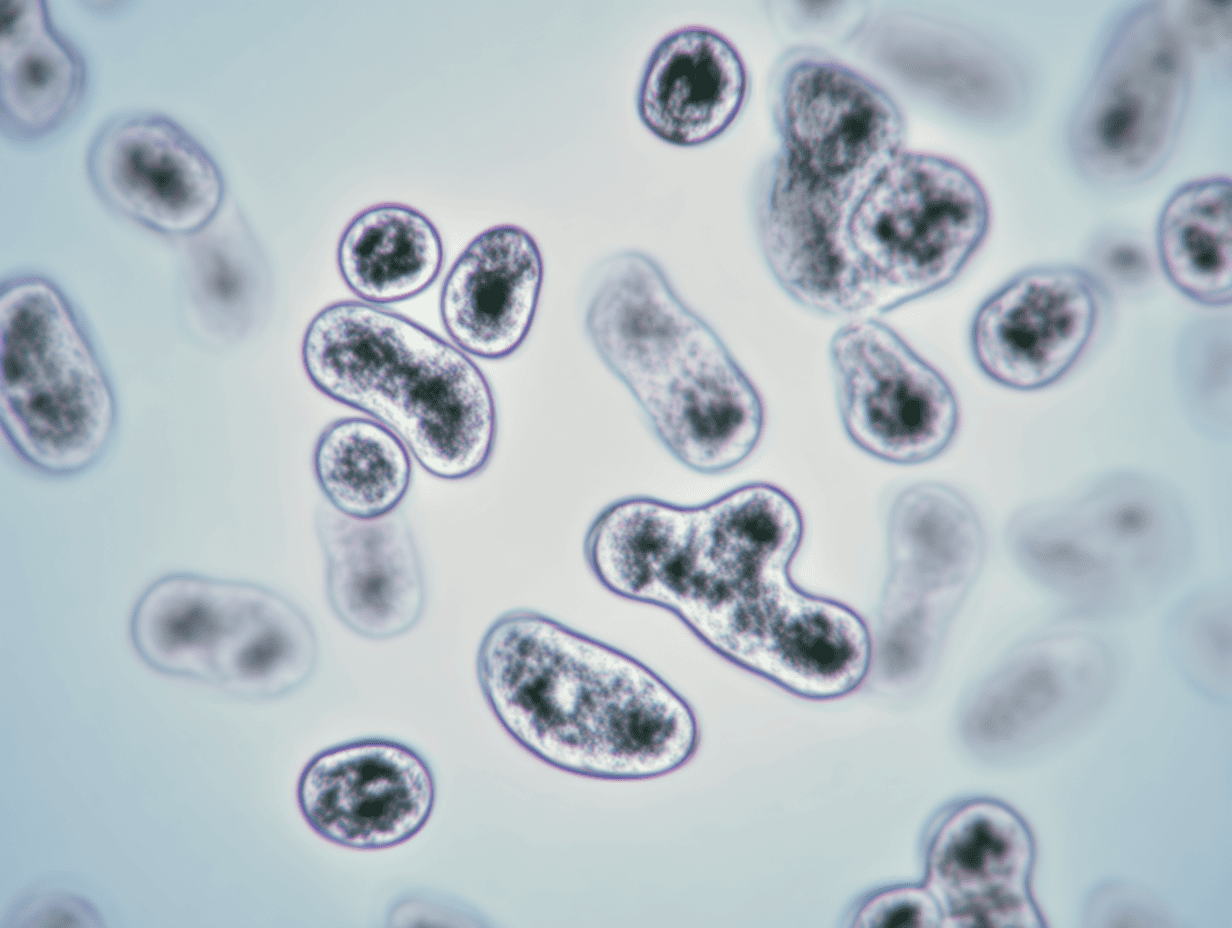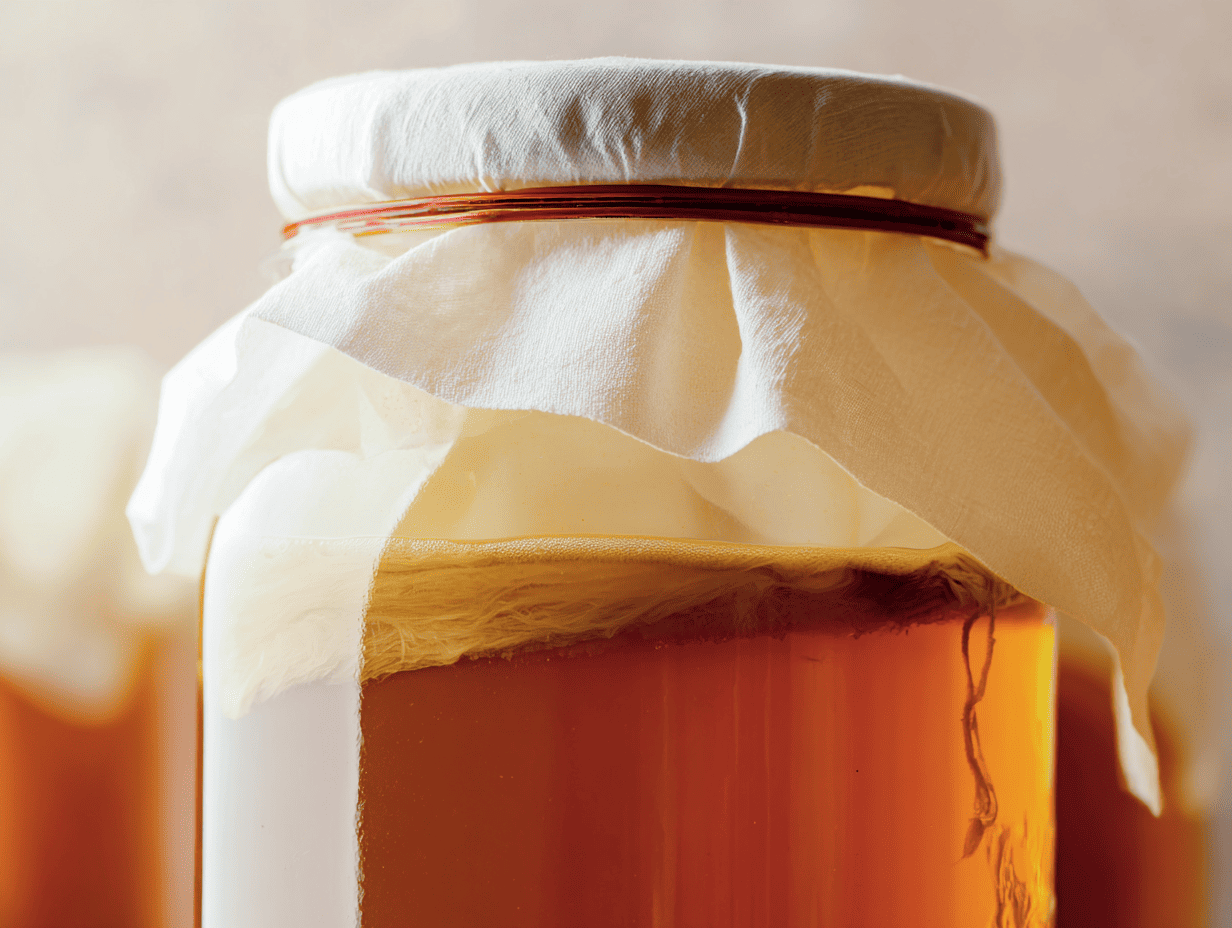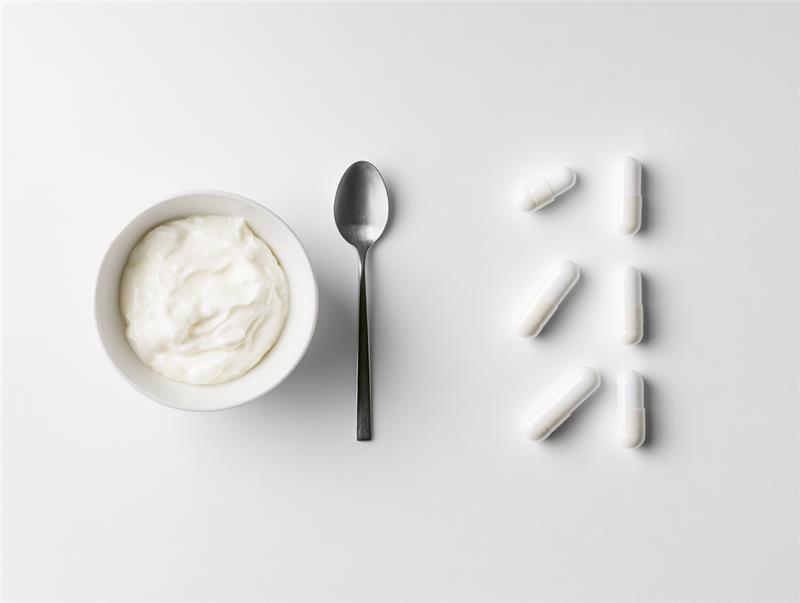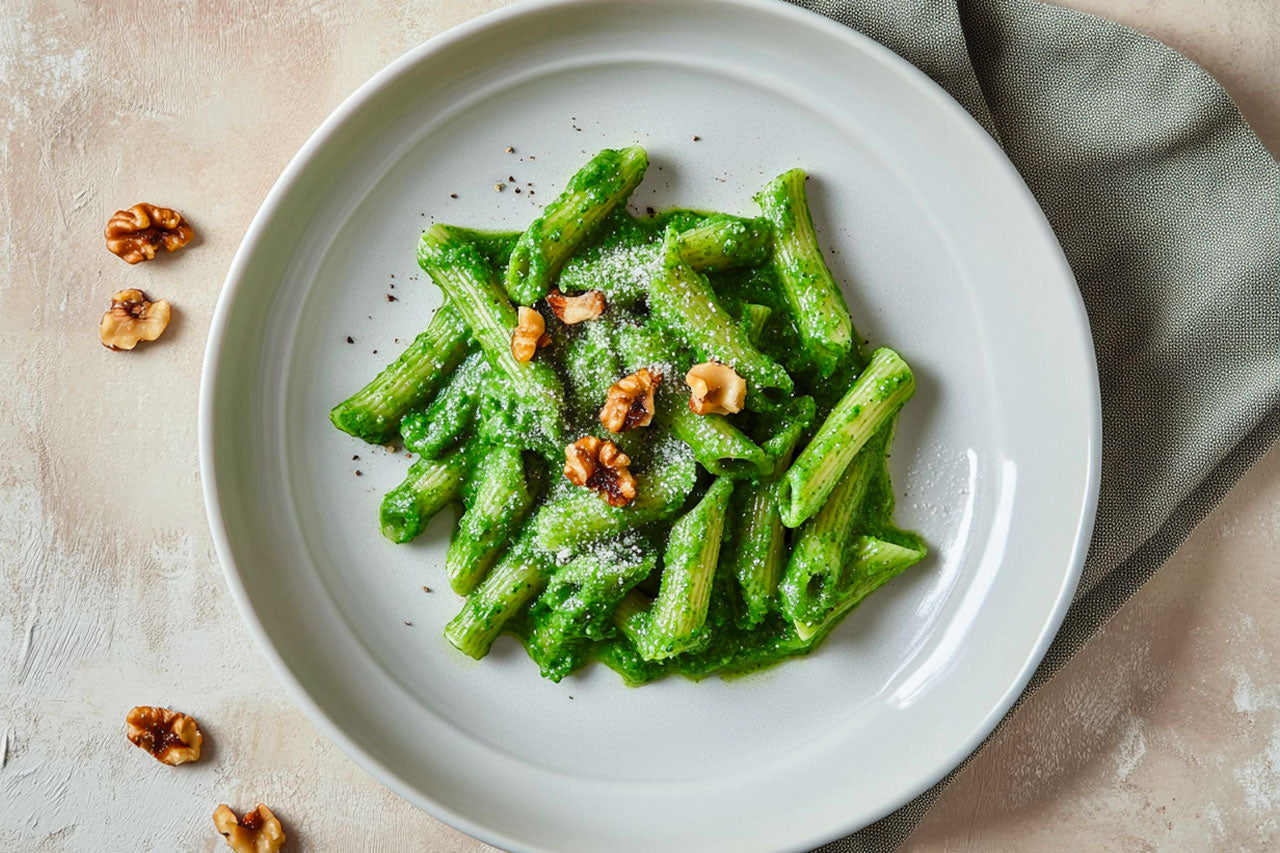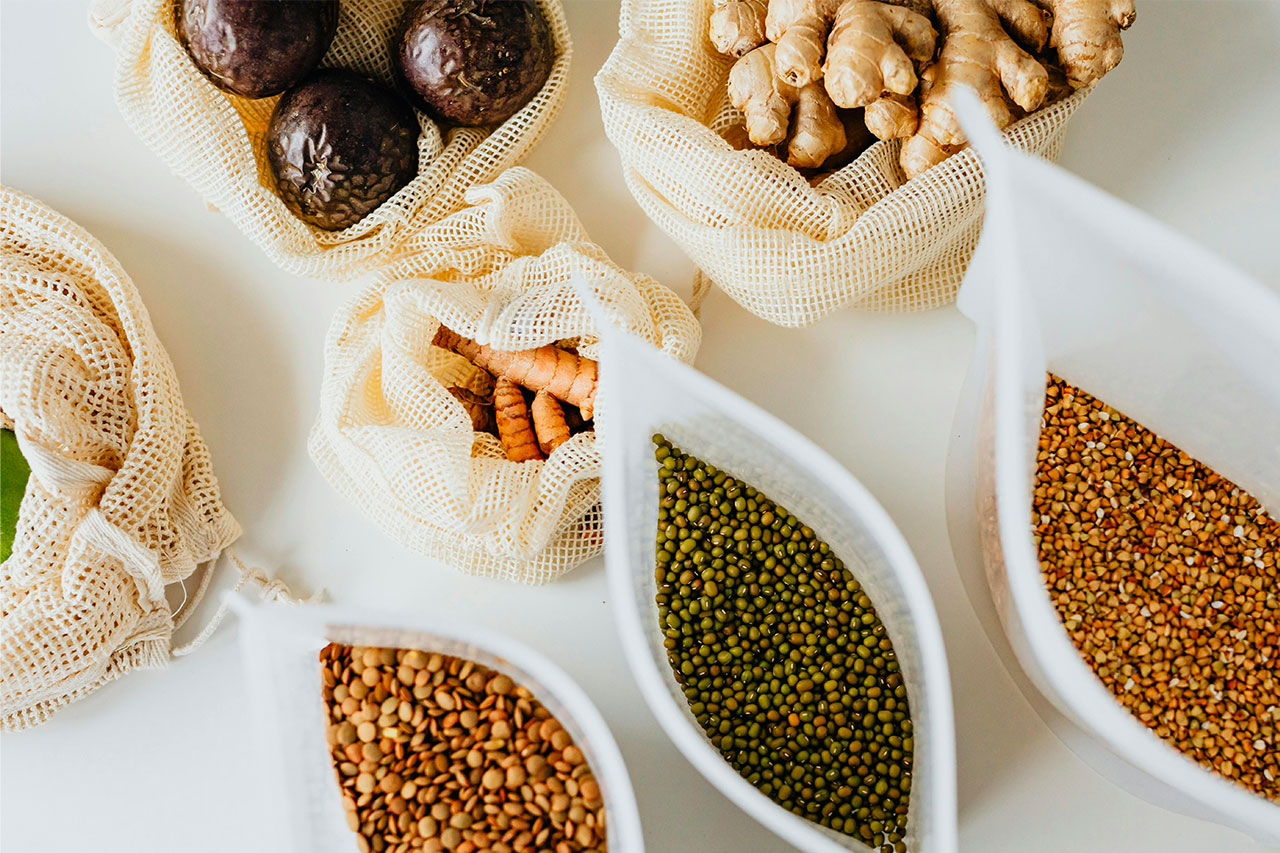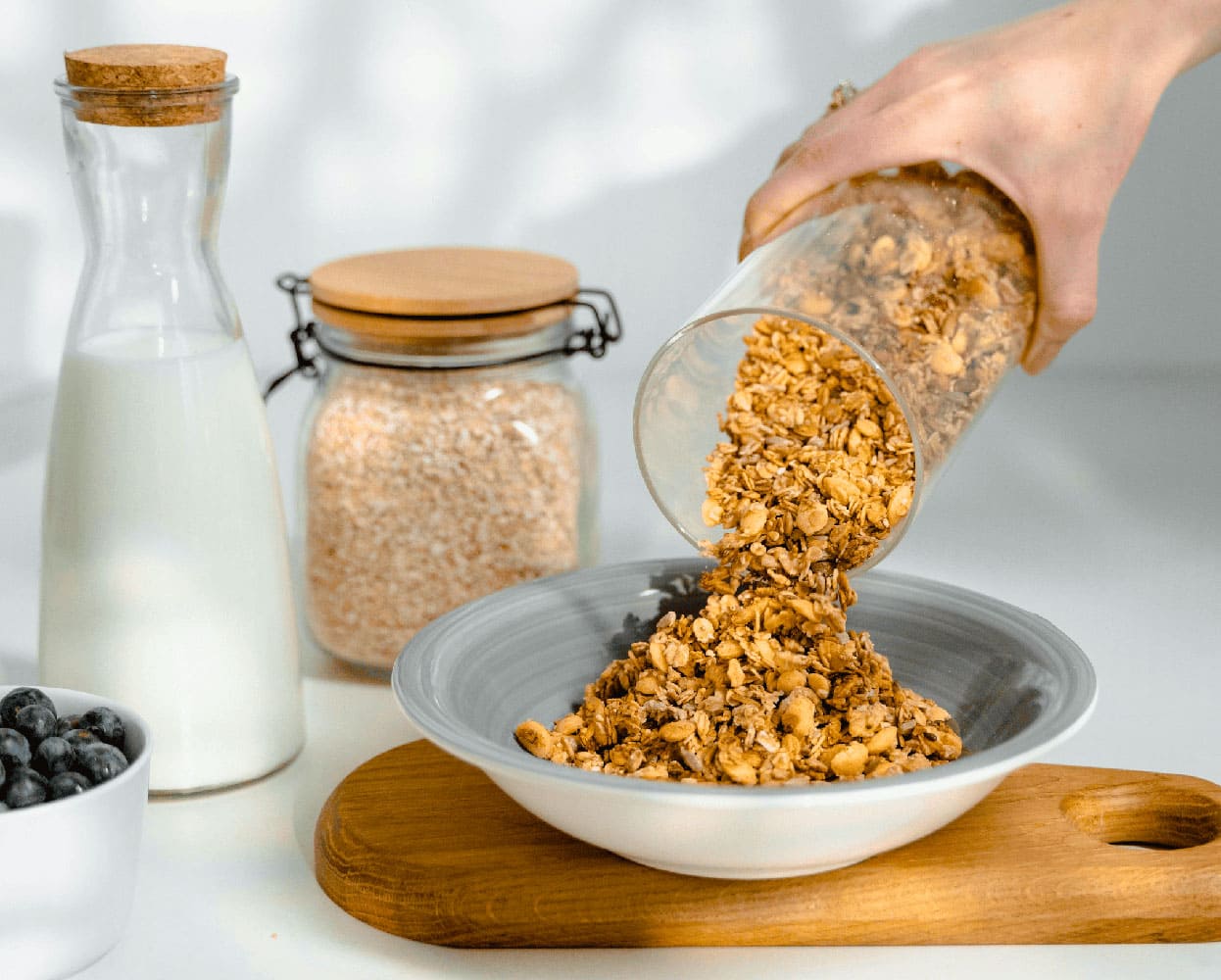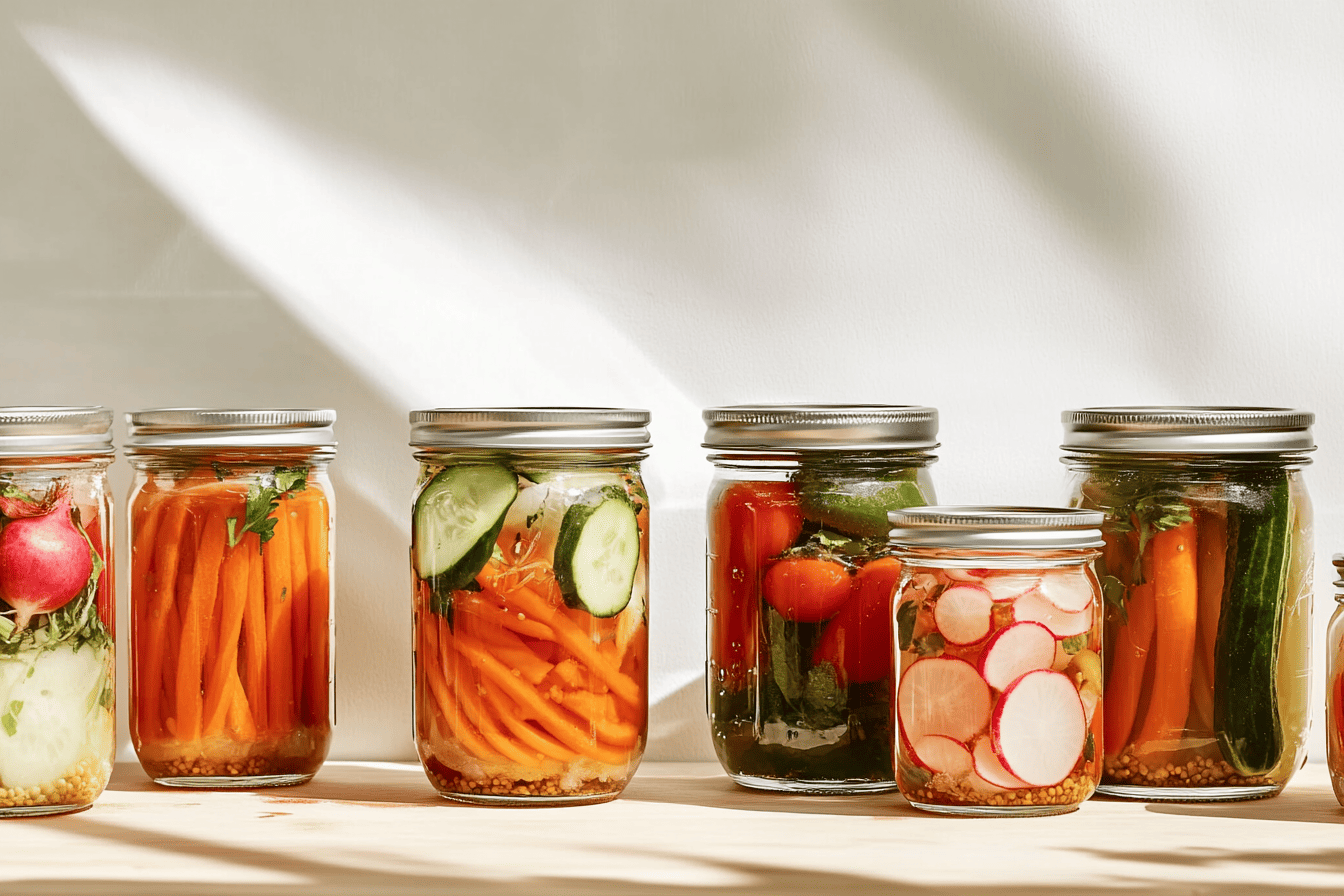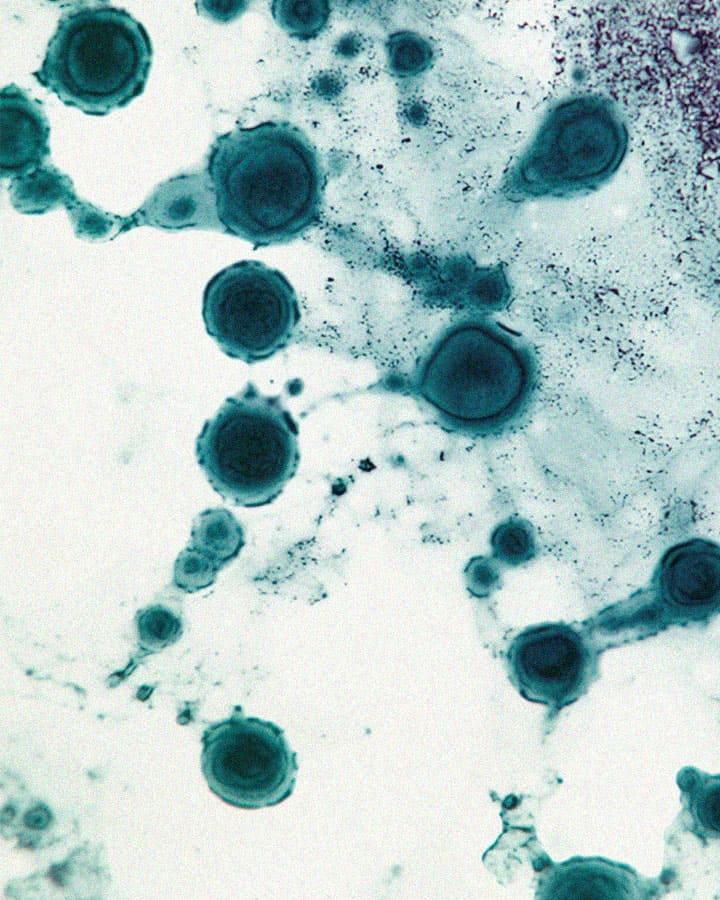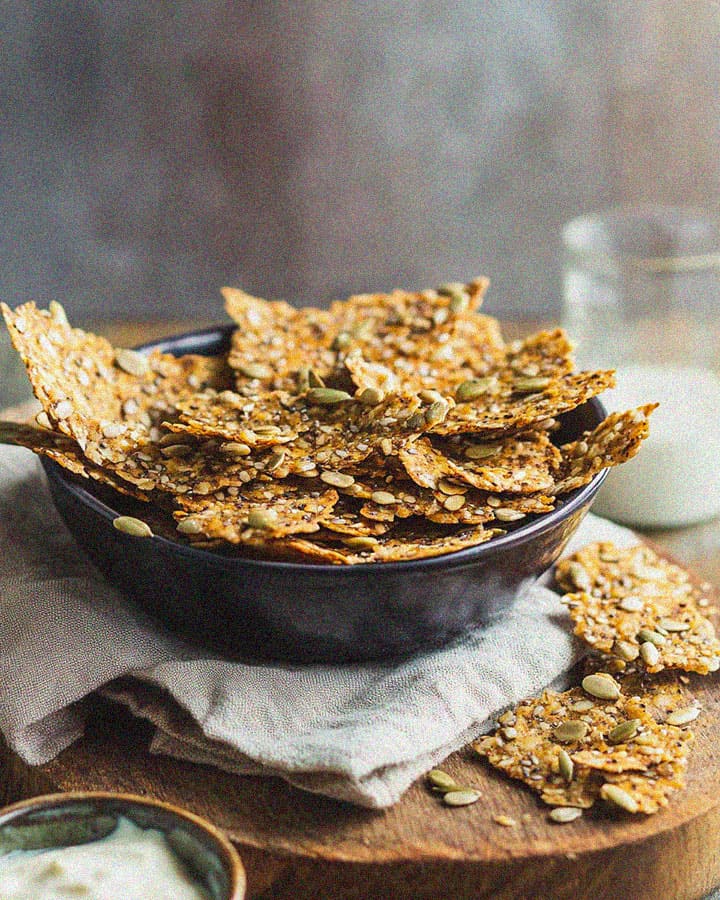What is the microbiome?
Humans have evolved to live with microbes for millions of years. During this time, microbes have learned to play very important roles in the human body. Each person has an entirely unique network of microbiota that is originally determined by one’s DNA¹. A person is first exposed to microorganisms as an infant, during delivery in the birth canal and through the mother’s breast milk, and later influenced by diet and environment. These microbes, mostly helpful, work together to support our immune system, digest food, and produce essential vitamins. The microbiome is a dynamic community of microbes that inhabit our entire body—from the scalp to the soles of our feet, including less expected places like the eyes, nasal passages, and even the urinary tract². However, most of microbial population resides in our colon, part of the larger gastrointestinal system³.

What is the gut microbiome?
Stretching from the mouth to the anus, the gut houses trillions of microbes, including up to 1,000 different bacterial species. With up to 1lb (0.5kgs) of microbes in our gut alone, these organisms, comprising bacteria, viruses, fungi, and others, actively assist in digestion, protect against diseases, and maintain immune balance. In fact, there are more of these tiny organisms in your gut than there are human cells in your whole body!⁴
What does the gut microbiome do?
The gut microbiome has a number of jobs, including:
- Digest Fibers: Many foods we eat, especially fibers from fruits and vegetables, cannot be broken down by our bodies alone. The gut microbiome helps by breaking down these fibers and turning them into small pieces called short-chain fatty acids(SCFAs), which give energy to the cells in our gut and keep us healthy⁵.
- Makes Vitamins: The gut microbiome is like a tiny vitamin factory. It produces essential vitamins like Vitamin B and K, and B12. These vitamins are crucial for various bodily functions, including blood clotting and energy production⁶
- Protects Against Pathogens: The microorganisms in our gut help fight off harmful germs and keep our immune system healthy - protecting us against various diseases, including diabetes, obesity, and inflammatory bowel disease. They act as first responders to harmful bacteria and viruses, helping to keep us well⁷
- Supports Mental Health: Research shows there’s a connection between the health of our gut and the health of our mind - also known as the gut-brain axis. The gut-brain connection is a complex two-way communication network between your gut(digestive system) and your brain⁸. There are both physical and chemical connections between your gut and your brain, involving the vagus nerve: a large nerve that runs from your brain to your colon⁹, neurotransmitters: chemical messengers that help regulate digestion and emotional well-being¹⁰ and the gut microbiome: an ecosystem of trillions of bacteria and other microorganisms that live in your gut and are important for your health¹¹
Therefore, gut bacteria can influence your mood and may be linked to conditions like depression and anxiety. This connection might also explain why we often experience"butterflies" in our stomach or trust our"gut feelings."¹²


















